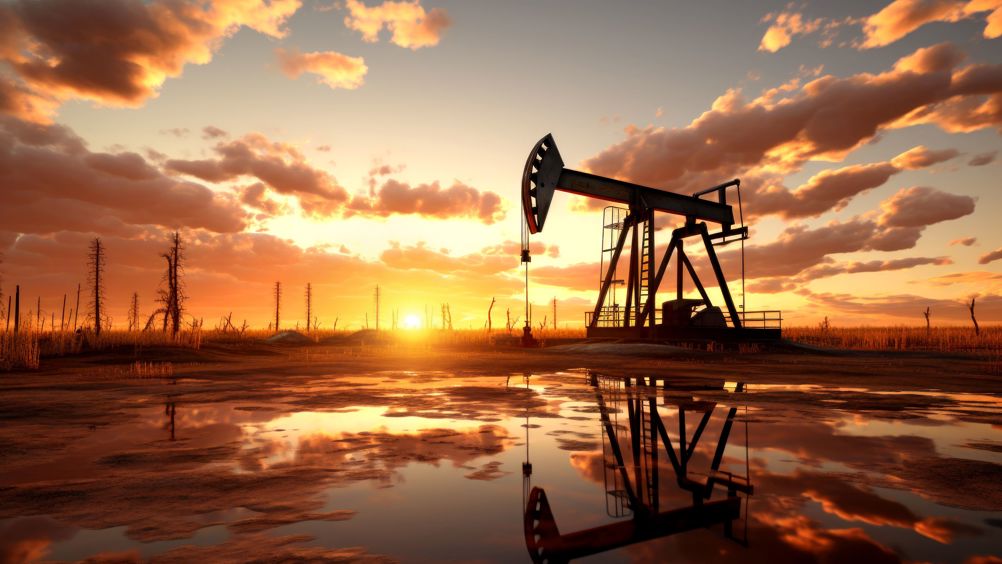IEA oil & gas report torpedoes carbon capture ‘fantasy’
A new report on the oil & gas sector has urged it to greatly expand green investment while warning that carbon capture technology will not facilitate ‘business-as-usual’ for the industry.

Published by the International Energy Agency (IEA) ahead of this month’s COP28 climate talks in Dubai, the report called on oil & gas companies to make commitments that signify they are on board with global efforts to tackle the climate crisis. These include cutting emissions associated with fossil fuel production, massively ramping up investments in green technologies, and acknowledging that CCUS (carbon capture utilisation and storage) is not a magic bullet for the sector.
“COP28 will be a moment of truth for the oil and gas industry,” IEA executive director Dr Fatih Birol told assembled press via Zoom today (23 November). “It will show whether the oil and gas industry will be the partners of the fight against climate change or not.”
However, Dr Birol warned that the sector has enormous work to do.
“When we look at the situation today,” he said, “the starting point is not very encouraging.”
Register now to continue reading
Thanks for visiting The Engineer. You’ve now reached your monthly limit of news stories. Register for free to unlock unlimited access to all of our news coverage, as well as premium content including opinion, in-depth features and special reports.
Benefits of registering
-
In-depth insights and coverage of key emerging trends
-
Unrestricted access to special reports throughout the year
-
Daily technology news delivered straight to your inbox











Water Sector Talent Exodus Could Cripple The Sector
Maybe if things are essential for the running of a country and we want to pay a fair price we should be running these utilities on a not for profit...